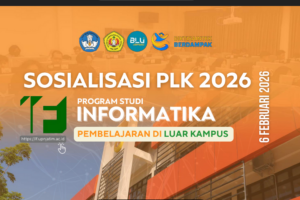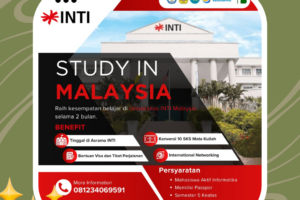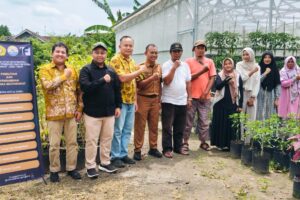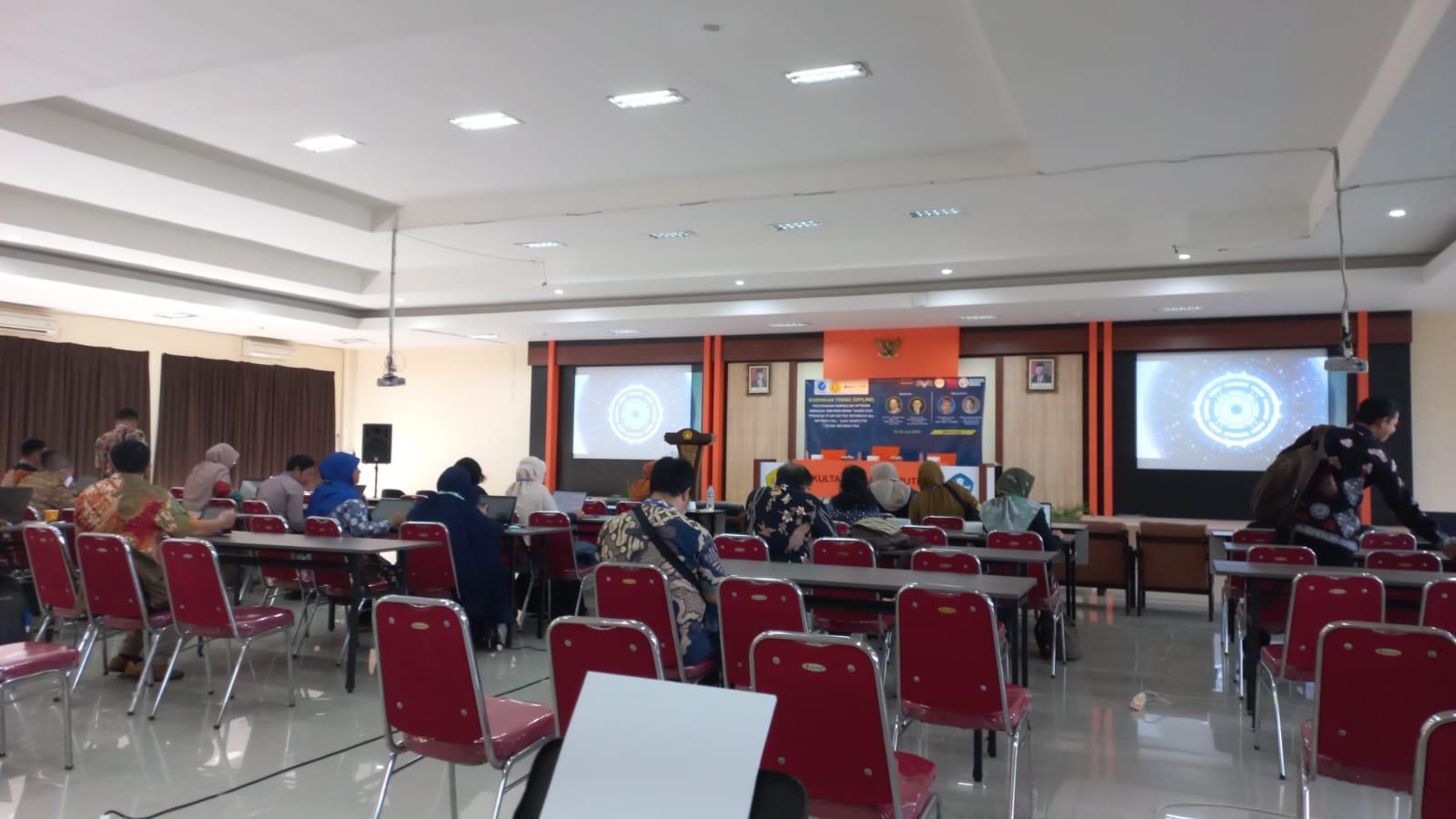
Curriculum Development FGD and Technical Workshop to Strengthen Outcome-Based Education in the Informatics Study Program
- Posted by admin
- Categories Berita Terbaru, Focus Group Discussion, News
- Date 26 June 2023
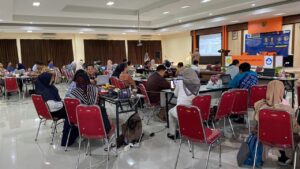
In support of continuous academic quality improvement and the adoption of Outcome-Based Education (OBE), the Informatics Study Program at the Faculty of Computer Science organized a Focus Group Discussion (FGD) and Technical Workshop on Curriculum Development. The event was held over two intensive days at the Faculty of Computer Science building, designed to ensure alignment with national standards such as KKNI and SKKNI, as well as with industry and professional association guidelines.
This workshop was attended by faculty members, curriculum development teams, and invited expert speakers. It opened with formal remarks and contextual presentations outlining the importance of curriculum reform to respond to rapid technological change, industry needs, and the university’s strategic vision. The Dean of the Faculty of Computer Science highlighted the need for collaboration and shared understanding among faculty members to deliver high-quality, student-centered education.
During the FGD sessions, lecturers engaged in detailed discussions on refining the Program Learning Outcomes (PLOs), mapping them to Course Learning Outcomes (CLOs), and aligning them with the Indonesian National Qualifications Framework (KKNI) at level 6. The participants also worked in groups to redesign course structures and syllabi to support active learning, applied projects, and assessment strategies that measure not just knowledge, but practical skills, analytical thinking, and professional attitudes.
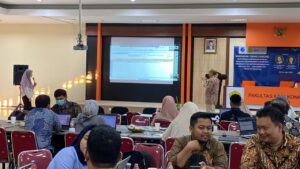
The technical workshop sessions featured expert facilitation, including representatives from APTIKOM who shared best practices on designing OBE-based curricula. Participants were guided step by step in using standardized templates, ensuring compatibility with accreditation requirements, and building a shared language around learning outcomes. Real-world case studies were discussed to enrich the curriculum with relevant, up-to-date industry examples.
Beyond technical alignment, the workshop also aimed to build a culture of collaborative curriculum design among faculty members. Participants actively exchanged ideas, presented their group work, and received feedback both from peers and facilitators. This process encouraged critical reflection and peer learning, ensuring that improvements would not remain at the planning stage but would be owned and implemented by teaching teams.
Throughout the event, there was a strong emphasis on aligning curriculum content with strategic focus areas of the Informatics Study Program. This includes preparing graduates to serve industry and the public sector while also fostering innovation in specialized fields such as Agroinformatics, which integrates information technology solutions to modernize agriculture. Case study examples for courses in digital systems, artificial intelligence, image processing, and computer vision were tailored to reflect these real-world applications.
Importantly, the FGD also addressed the need for continuous stakeholder engagement. Discussions included strategies for integrating feedback from industry partners, alumni, and users of graduates to ensure the curriculum remains responsive to evolving demands. Faculty members planned to formalize these partnerships through curriculum reviews and internship collaborations.
By the end of the two-day program, participants had produced draft revisions of course outlines and mapping documents ready for further validation. The shared commitment was clear: to implement a curriculum that is coherent, relevant, student-centered, and in full alignment with national standards and accreditation expectations.
This initiative demonstrates the Informatics Study Program’s dedication to quality assurance and continuous improvement, as well as its proactive approach in preparing graduates who are competent, adaptable, and ready to contribute to national development. The Faculty of Computer Science remains committed to supporting this process with ongoing training, collaborative forums, and strategic partnerships to ensure sustainable, high-quality education delivery.
Latest News
Important Information
Pembimbing PKL Program Studi Informatika September T.A. 2024/2025 Genap
Pendaftaran Ujian PKL 2024-2025 Genap
You may also like
